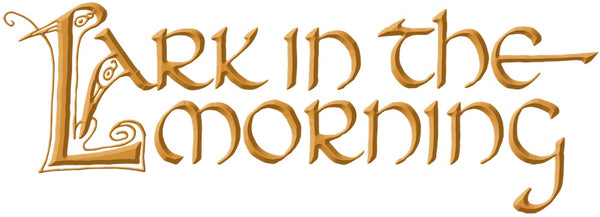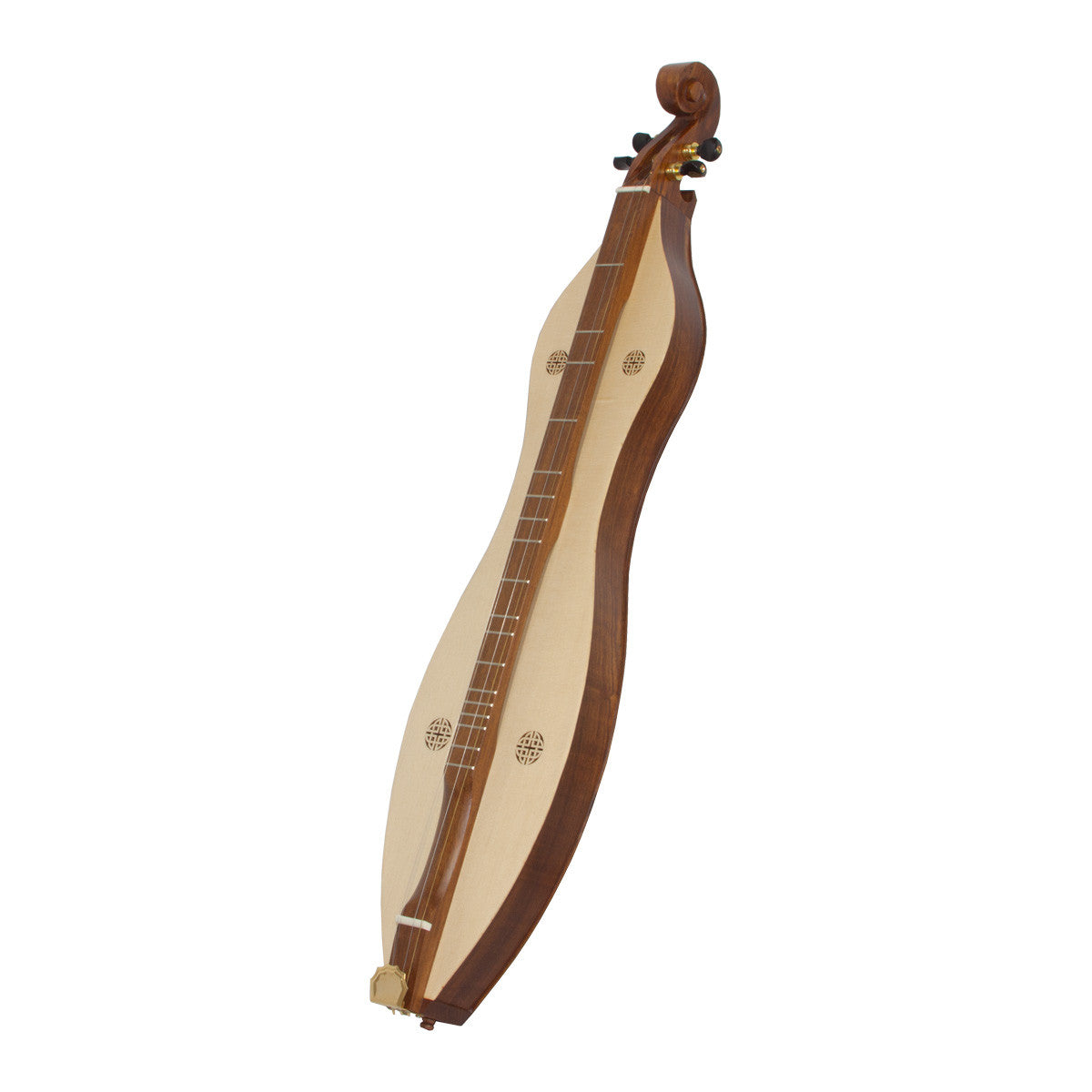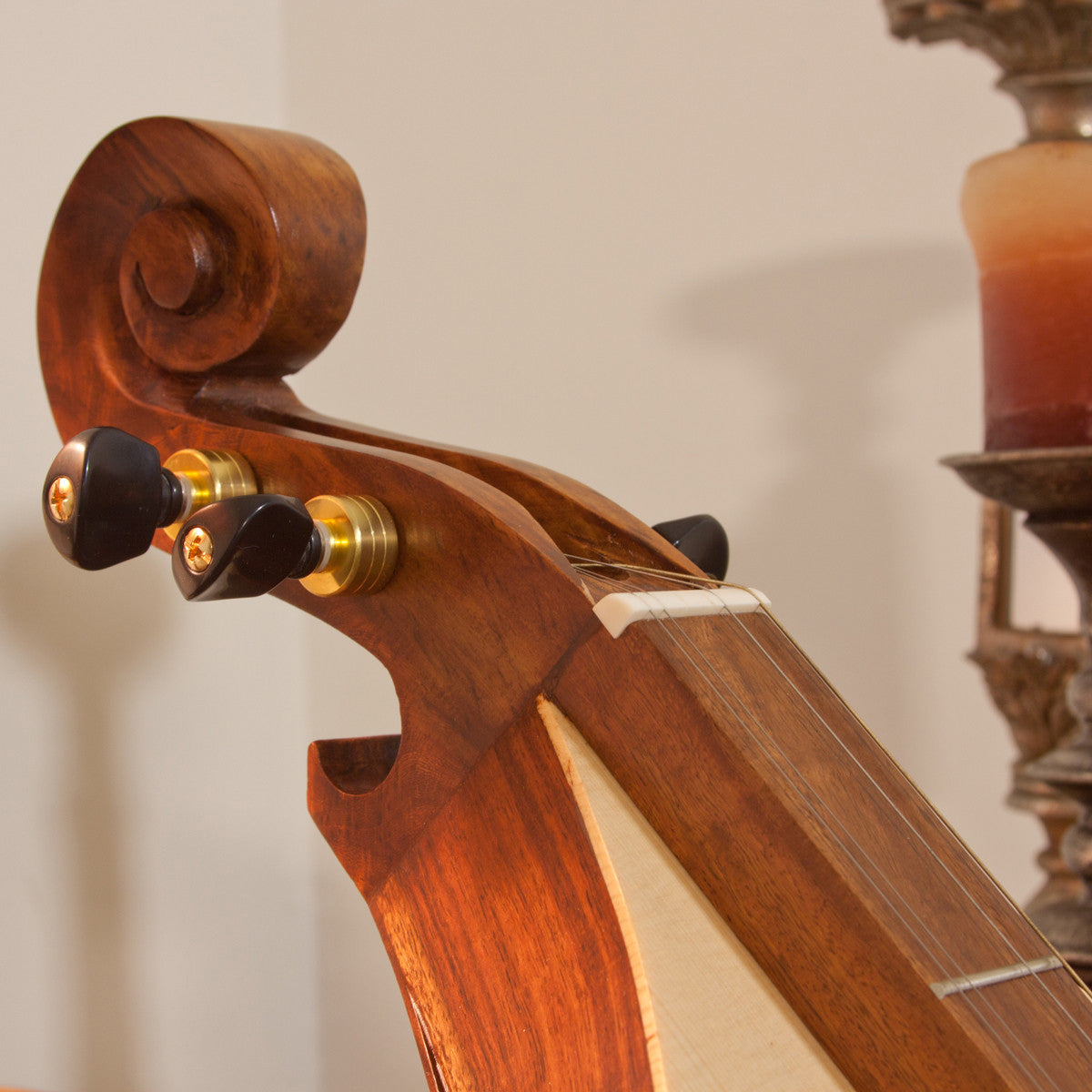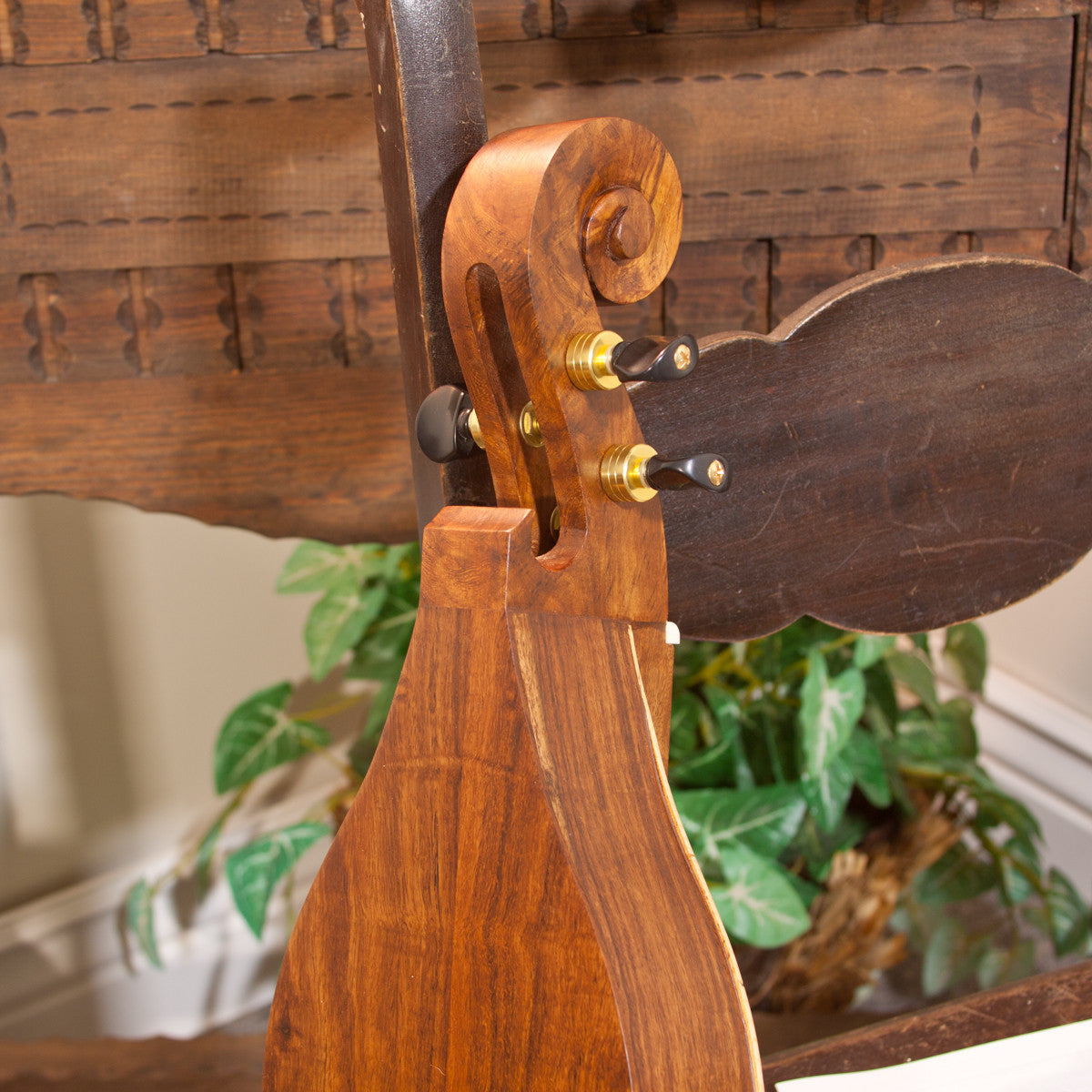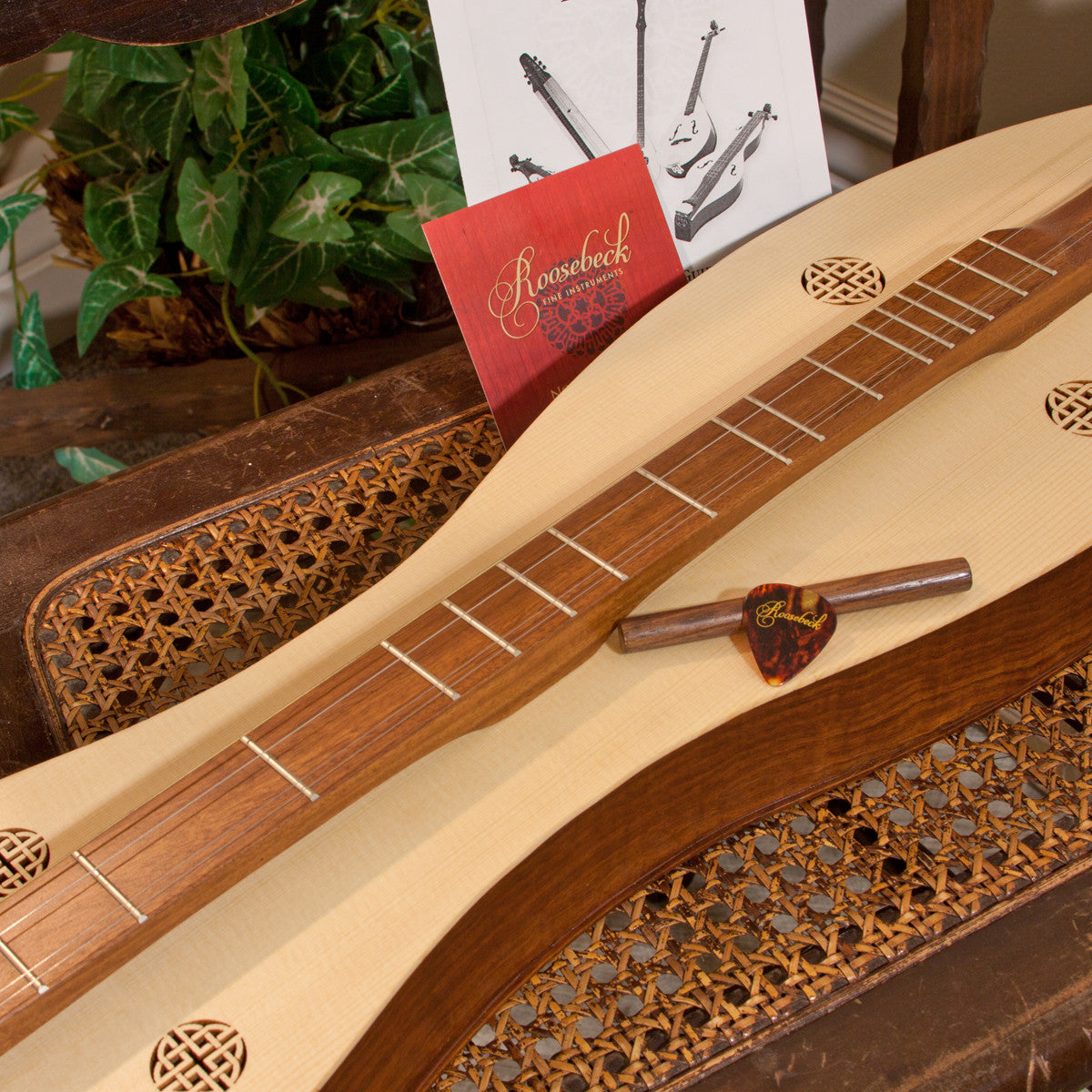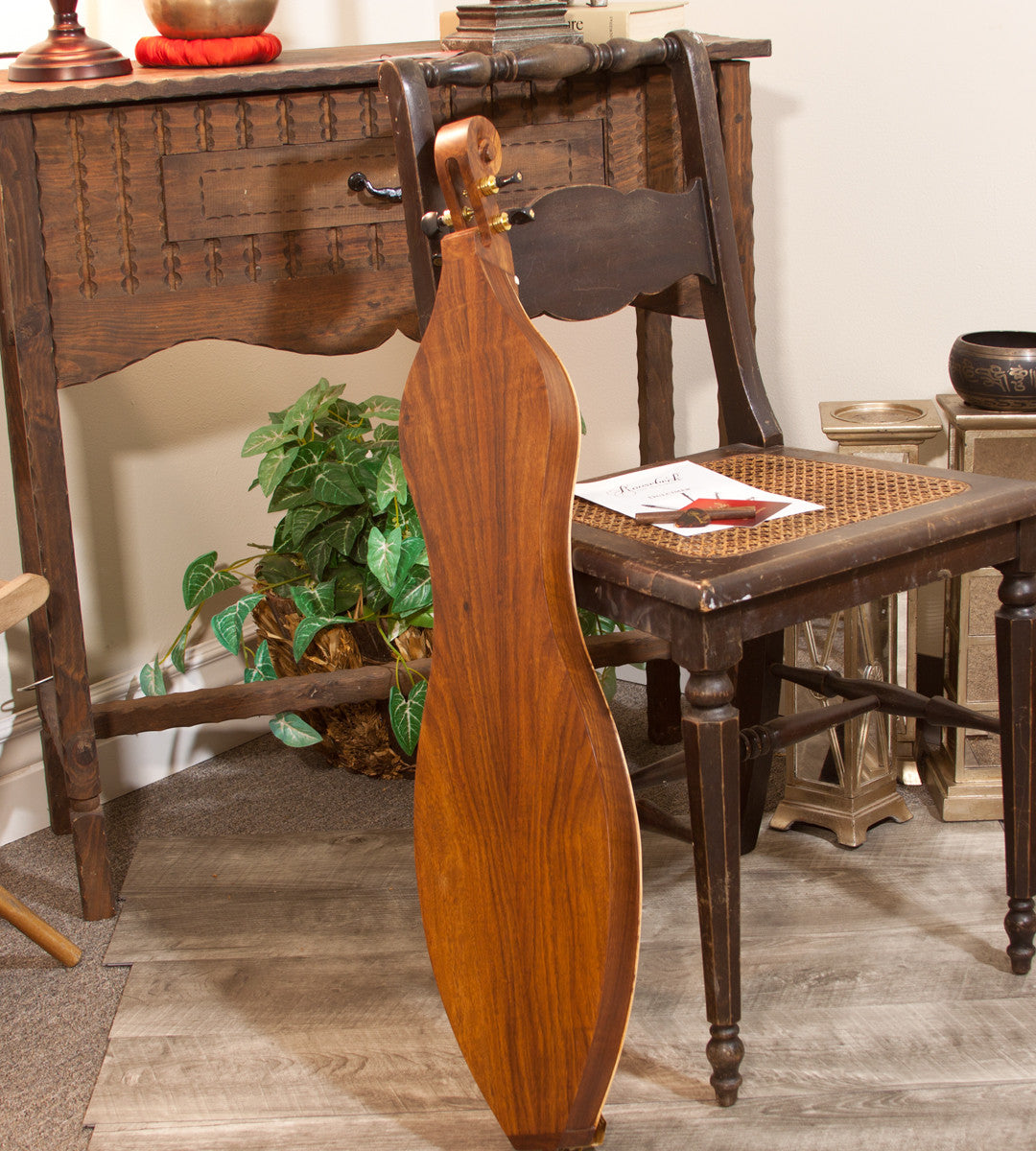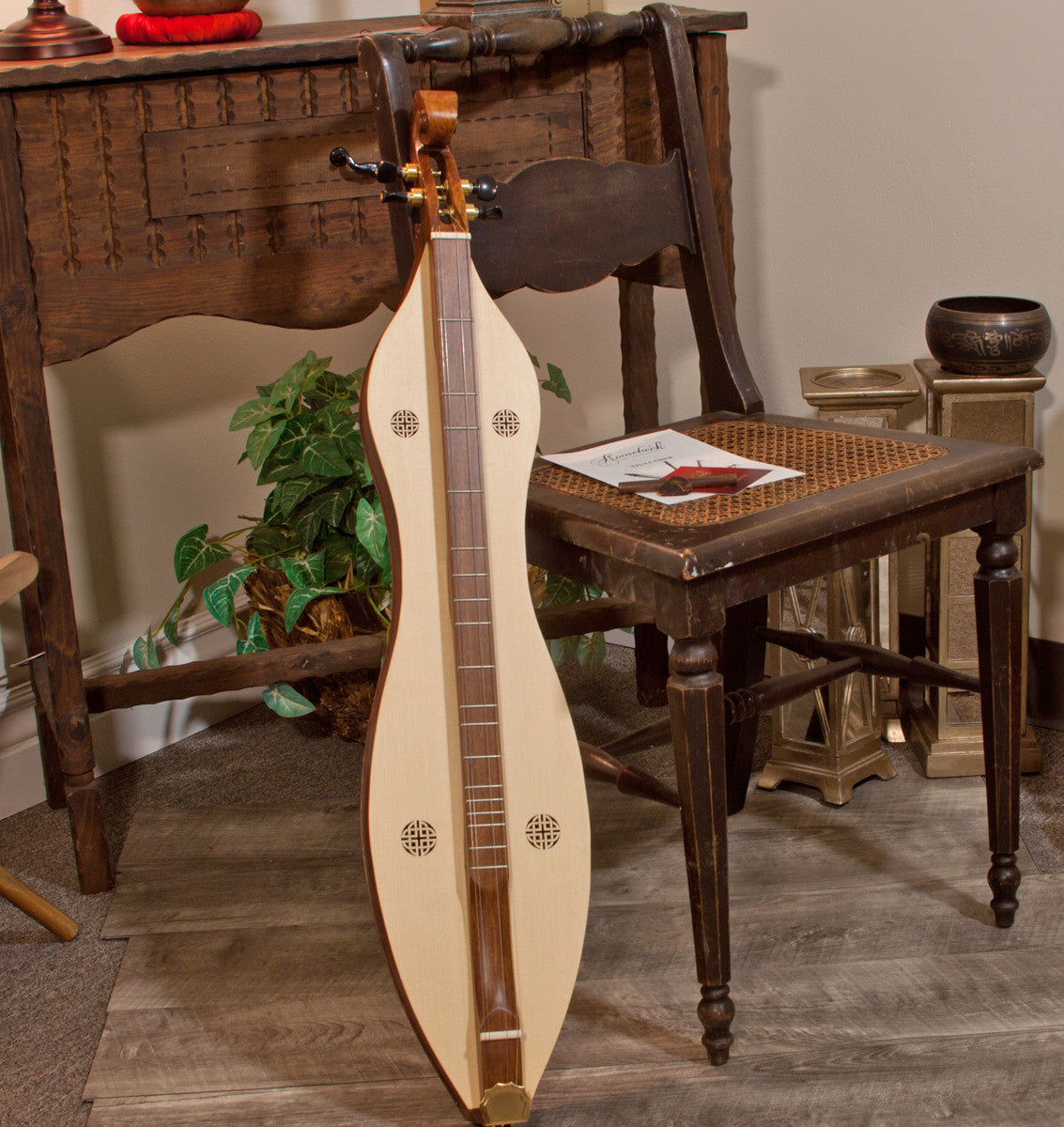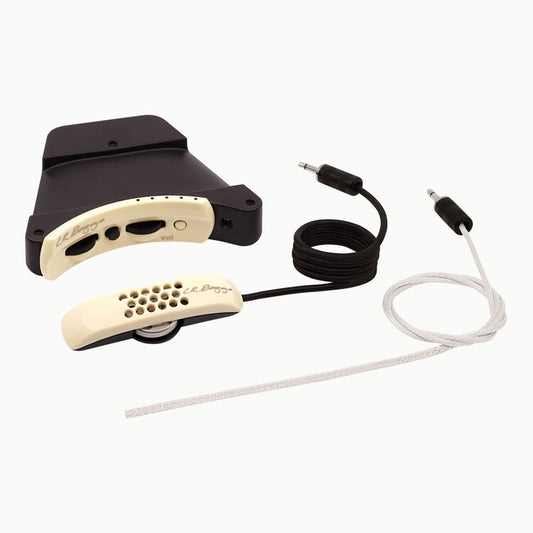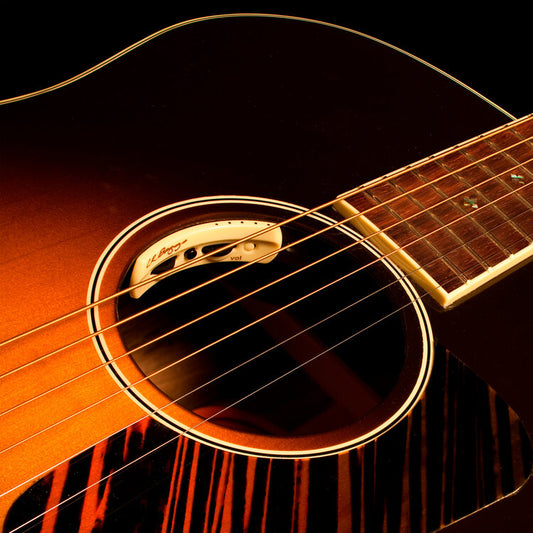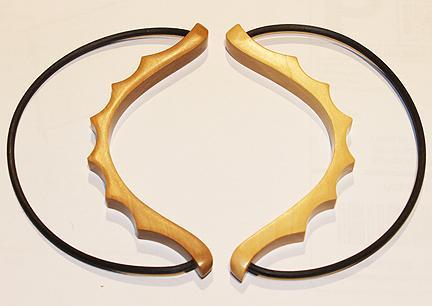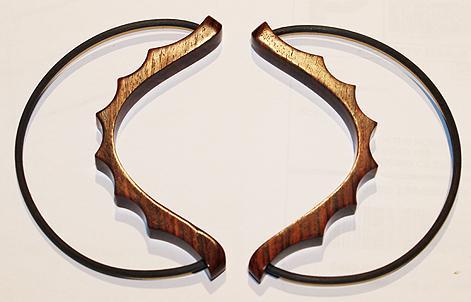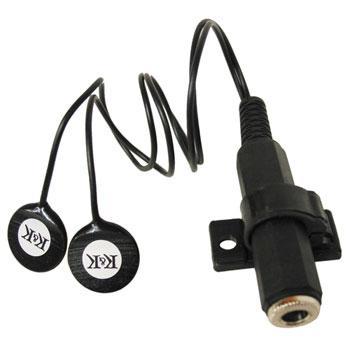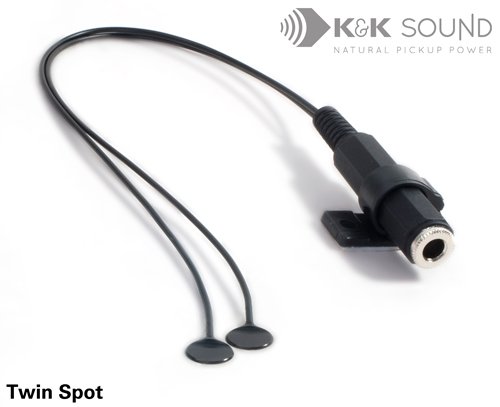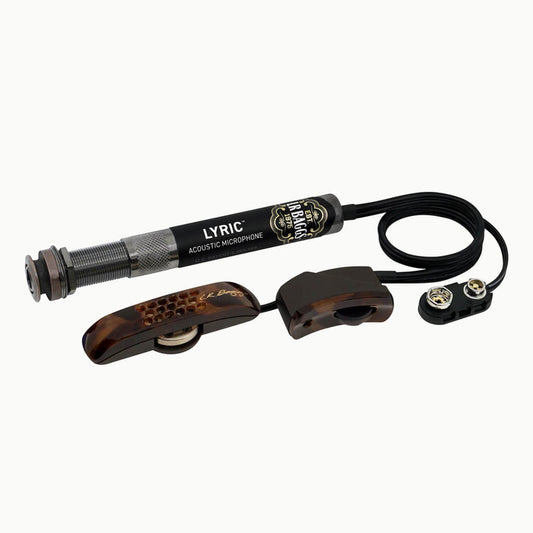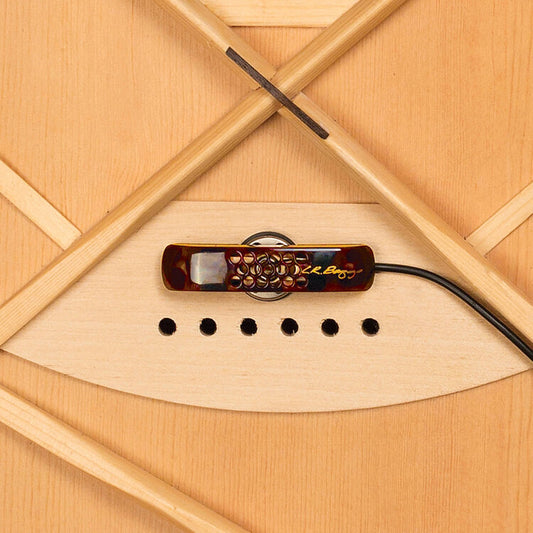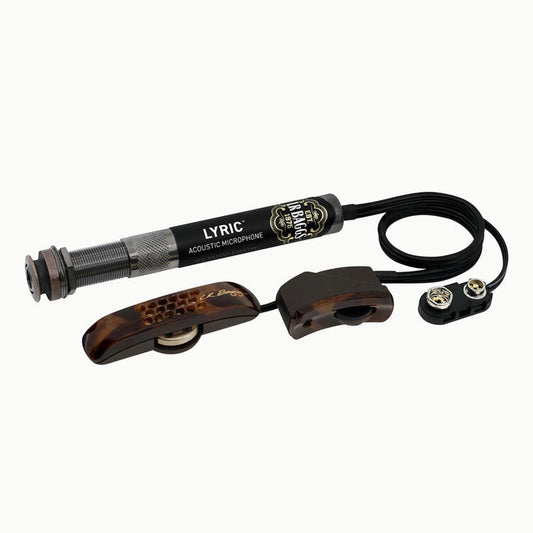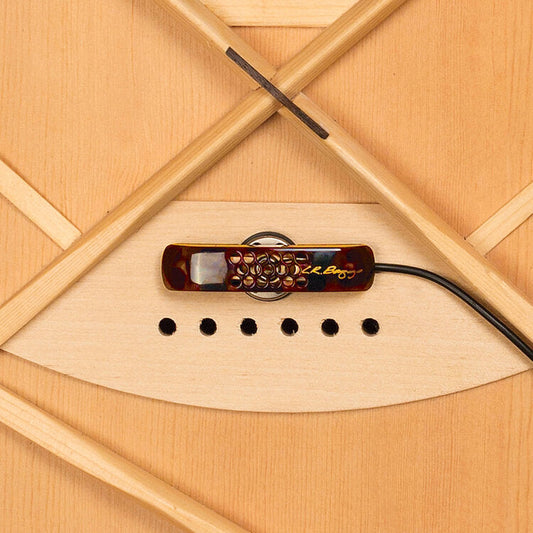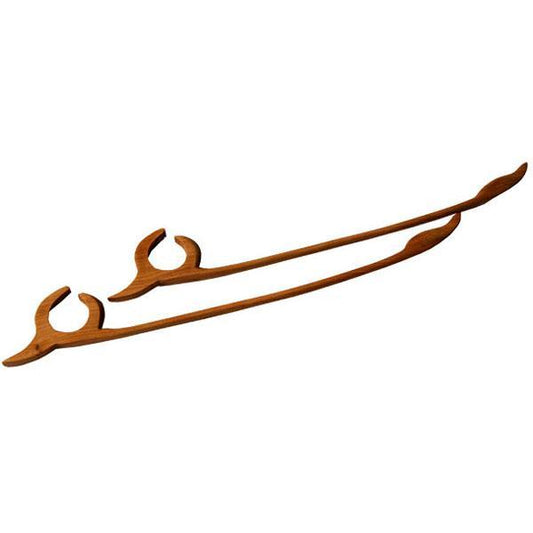1
/
of
6
Roosebeck
Roosebeck Emma Mountain Dulcimer, 4-String, Vaulted Fretboard, Spruce Soundboard with Knotwork
Roosebeck Emma Mountain Dulcimer, 4-String, Vaulted Fretboard, Spruce Soundboard with Knotwork
SKU:DMDS4K
Regular price
$271.20
Regular price
$0.00
Sale price
$271.20
Unit price
/
per
Shipping calculated at checkout.
Couldn't load pickup availability
• Strings: 2-Melody, 1-Middle & 1-Bass
• Lovely Hour-Glass Shape
• Vaulted Fret Board For More Reactive Sound
• Spruce Soundboard, Cream Colored, Straight Grained
• Scroll Carved Peg Head with 4:1 Tuners
• Stylish Celtic Knotwork Sound Holes
• Lovely Hour-Glass Shape
• Vaulted Fret Board For More Reactive Sound
• Spruce Soundboard, Cream Colored, Straight Grained
• Scroll Carved Peg Head with 4:1 Tuners
• Stylish Celtic Knotwork Sound Holes
This Deluxe model offers the best features from the Roosebeck Mountain Dulcimer line! The vaulted fret board and the completely spruce soundboard are light weight and allow for more sound vibration, producing excellent sound quality. This mountain dulcimer has an hour glass shape and 4 knotwork openings on the sound board. The body, neck, nut, bridge and fret board are solid sheesham and the tail piece has a gold color and is shaped like a crown. The carved scroll peg head features 4 gold colored mechanical geared straight tuners with a 4:1 ratio and there are 4 strings, including 2 melody strings, 1 middle string and 1 bass drone string. Many tunings will work, but we recommend the traditional DAD method to make it easy to pick up and play. The following accessories are included with item: pick, noter and owner's guide.
Important Specifications:
Neck at Nut: 1.25 inches in width
Neck at Body Joint: 1.25 inches in width
Nut: 1.25 inches in width, made from sheesham
Scale Length: 25.5 inches
4 tuning pegs/levers
18 Metal Frets (Including the 6 1/2 and 13 1/2 Frets)
Important Specifications:
Neck at Nut: 1.25 inches in width
Neck at Body Joint: 1.25 inches in width
Nut: 1.25 inches in width, made from sheesham
Scale Length: 25.5 inches
4 tuning pegs/levers
18 Metal Frets (Including the 6 1/2 and 13 1/2 Frets)
SPECIAL NOTE ON STRINGS:
There is no warranty on strings. Manufacturers recommend that you change the strings every 3-4 months. It is always a good idea to keep an extra set of stings to replace any that may break. You should always wipe down your strings with a clean dry cloth after use. If you store your instrument, you should consider changing the strings when you pick it up again.
There is no warranty on strings. Manufacturers recommend that you change the strings every 3-4 months. It is always a good idea to keep an extra set of stings to replace any that may break. You should always wipe down your strings with a clean dry cloth after use. If you store your instrument, you should consider changing the strings when you pick it up again.
The 6 1/2 and 13 1/2 Frets:
This model includes the 6 1/2 and 13 1/2 frets. Most early dulcimers had a strictly diatonic scale; that is, the frets were placed so as to produce a major scale (do, re, mi, fa, so, la, ti, do) with no extra half steps. More recently, dulcimer players have found that the placement of an extra fret between the 6th and 7th frets and between the 13th and 14th frets allows two things; (1) a major scale can be produced starting at another point (on the open string), and (2) most songs containing "accidental" notes can be played. The 6 1/2 and 13 1/2 frets add versatility. The disadvantage is that it takes a while to get used to the extra frets if you have been playing a dulcimer without it.
This model includes the 6 1/2 and 13 1/2 frets. Most early dulcimers had a strictly diatonic scale; that is, the frets were placed so as to produce a major scale (do, re, mi, fa, so, la, ti, do) with no extra half steps. More recently, dulcimer players have found that the placement of an extra fret between the 6th and 7th frets and between the 13th and 14th frets allows two things; (1) a major scale can be produced starting at another point (on the open string), and (2) most songs containing "accidental" notes can be played. The 6 1/2 and 13 1/2 frets add versatility. The disadvantage is that it takes a while to get used to the extra frets if you have been playing a dulcimer without it.
Share
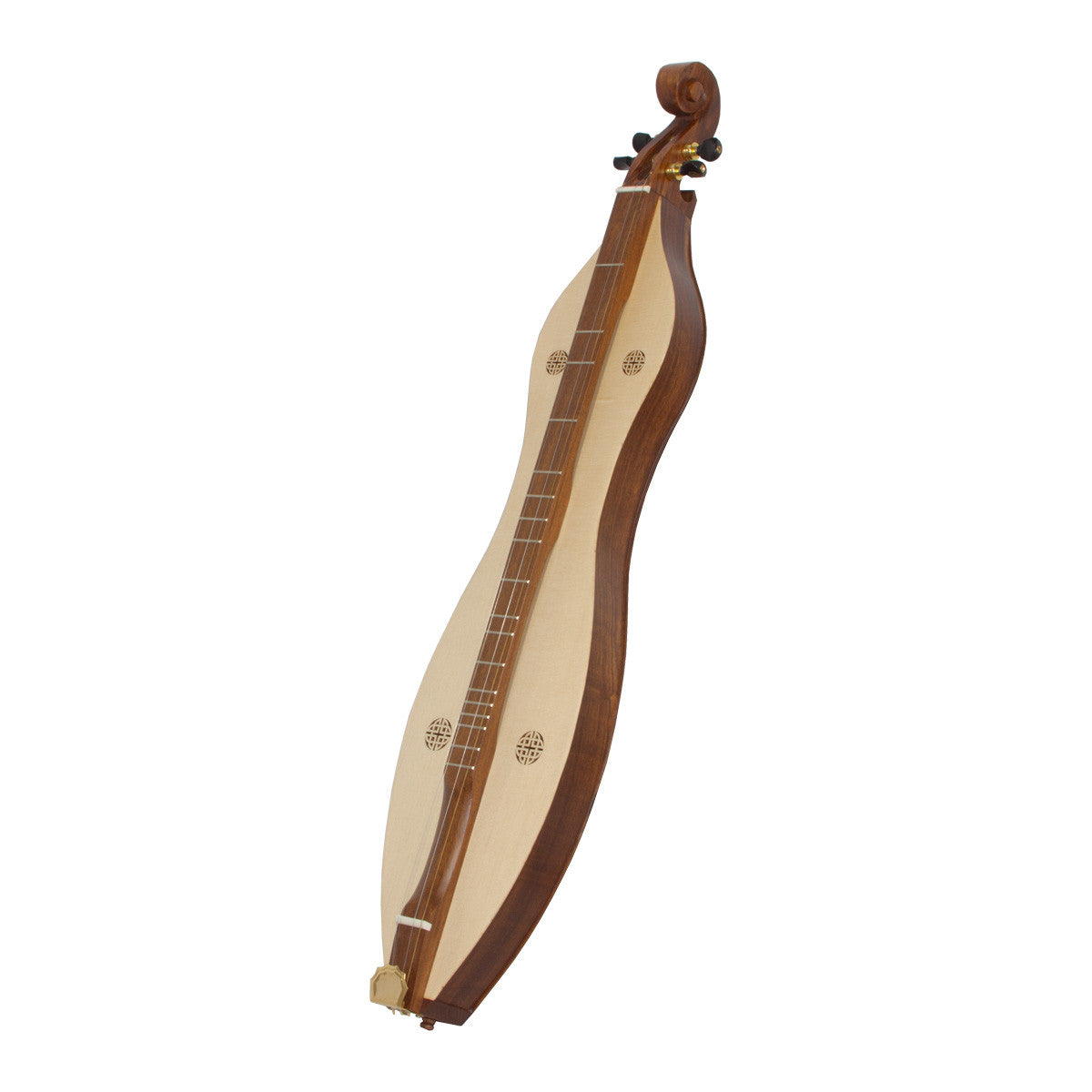
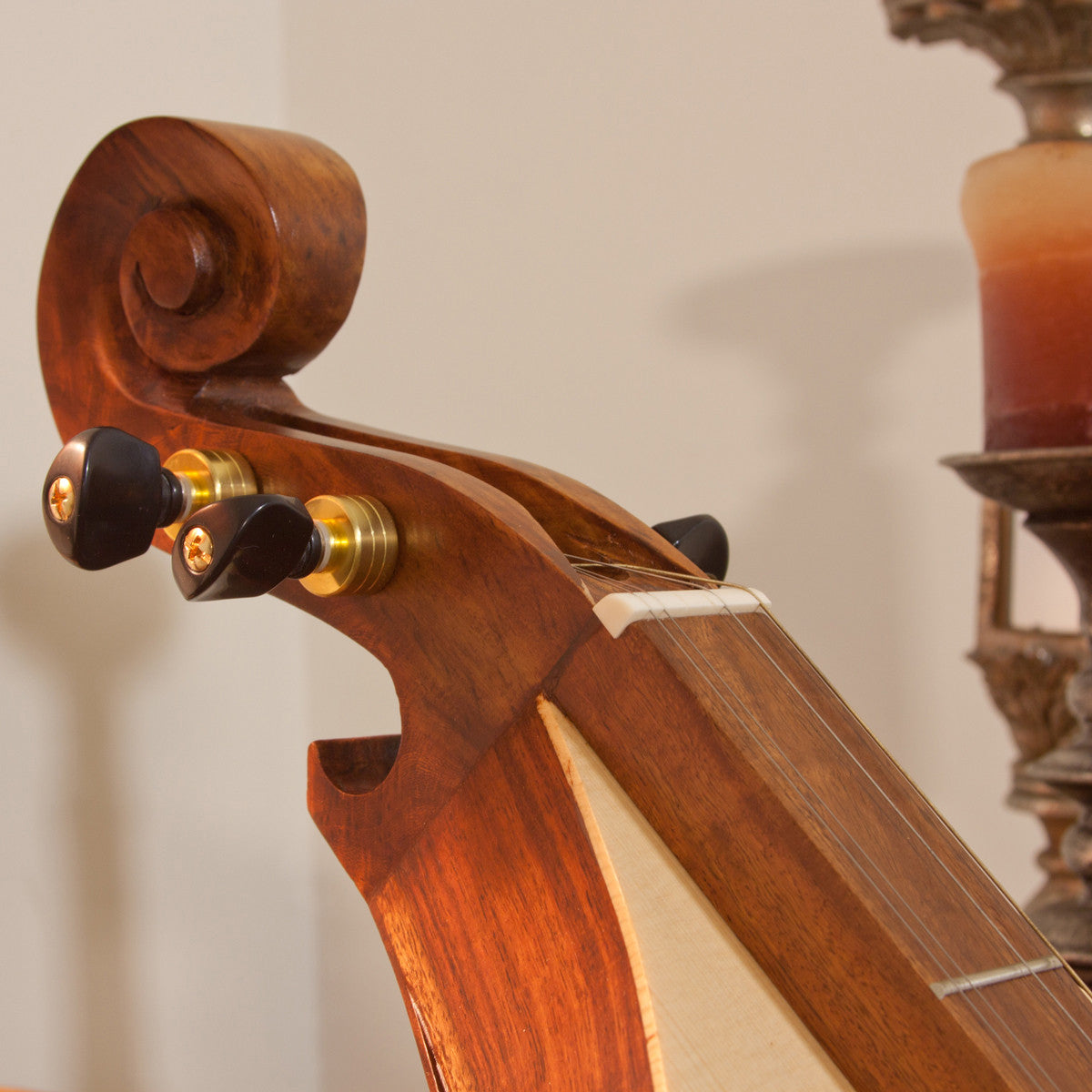
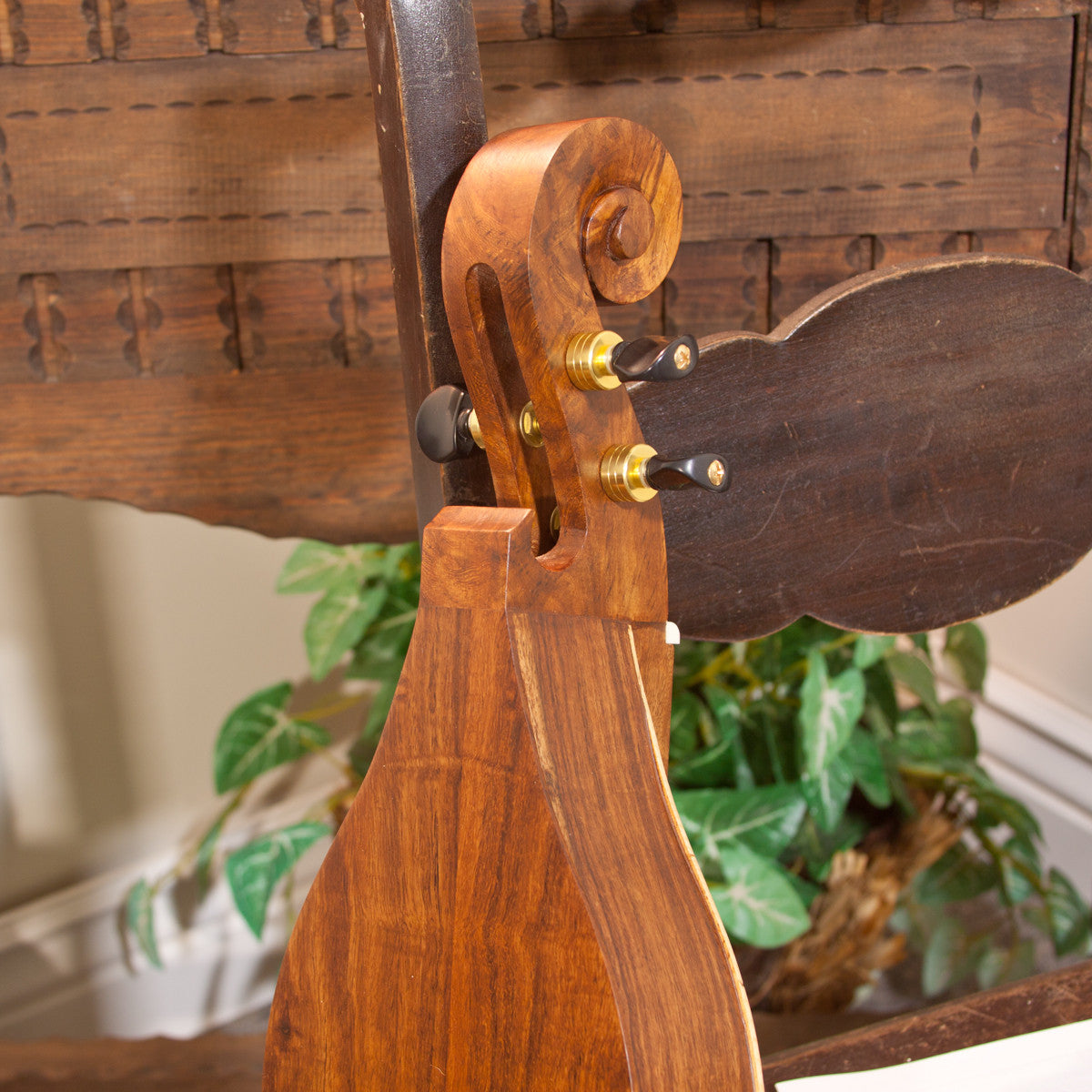
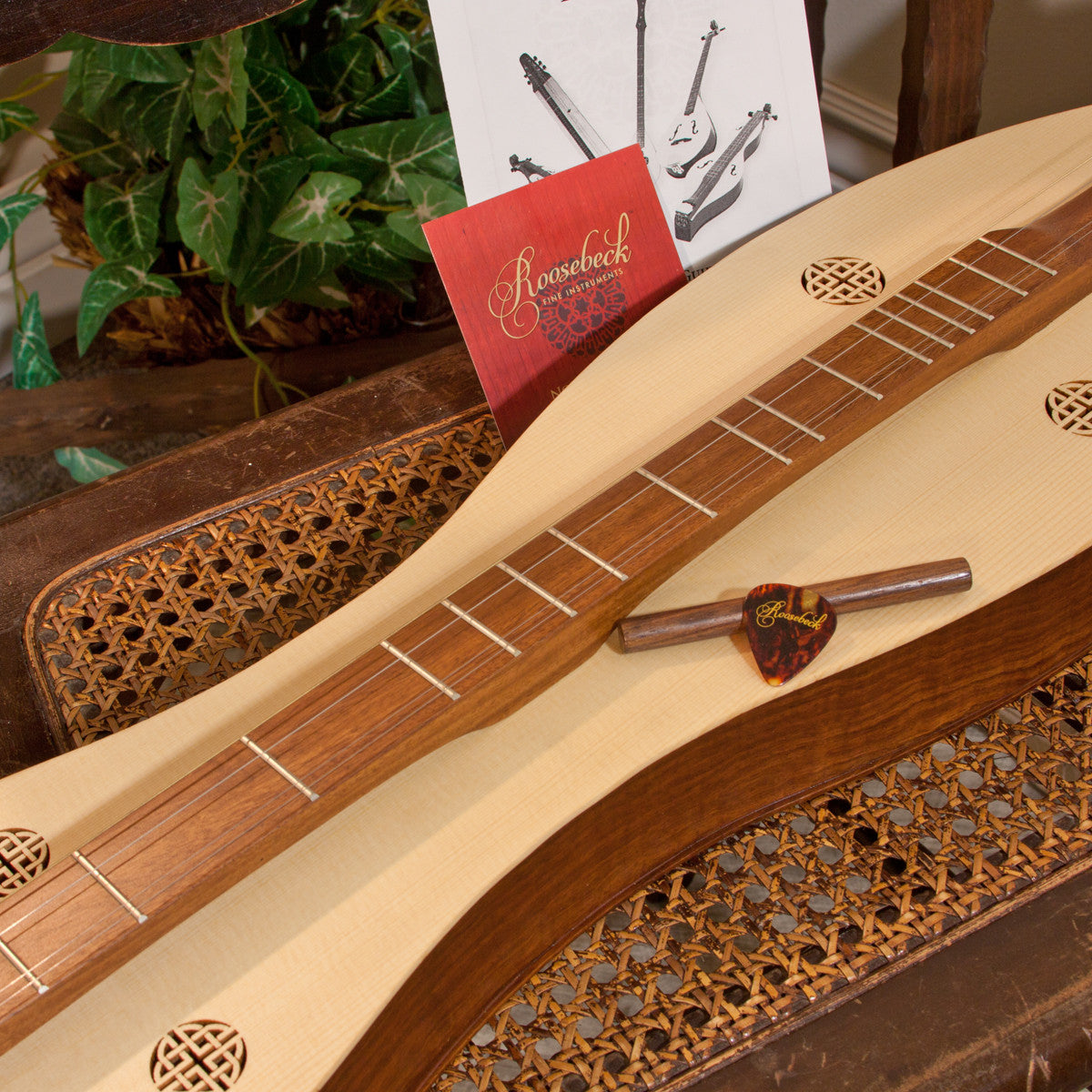
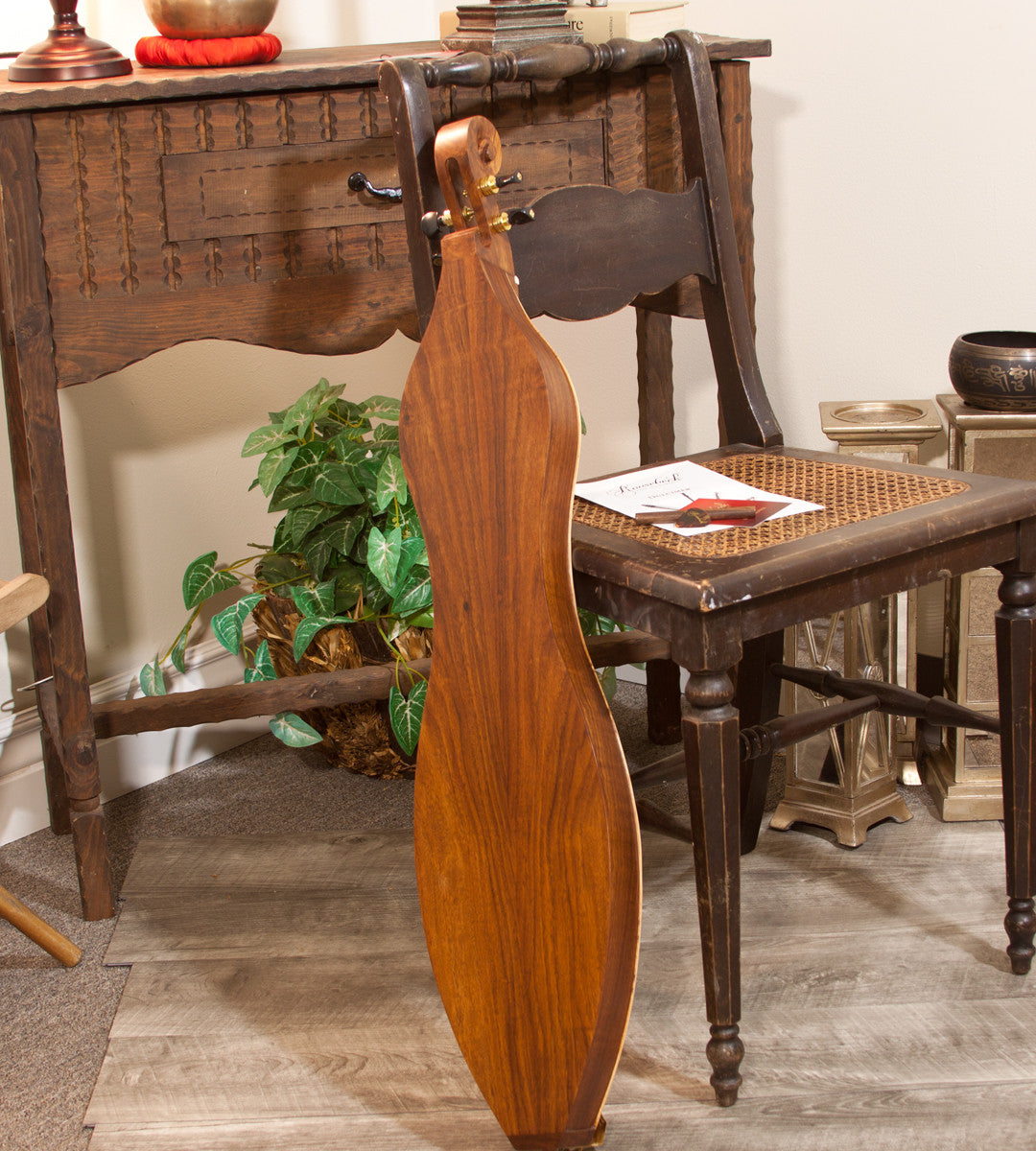
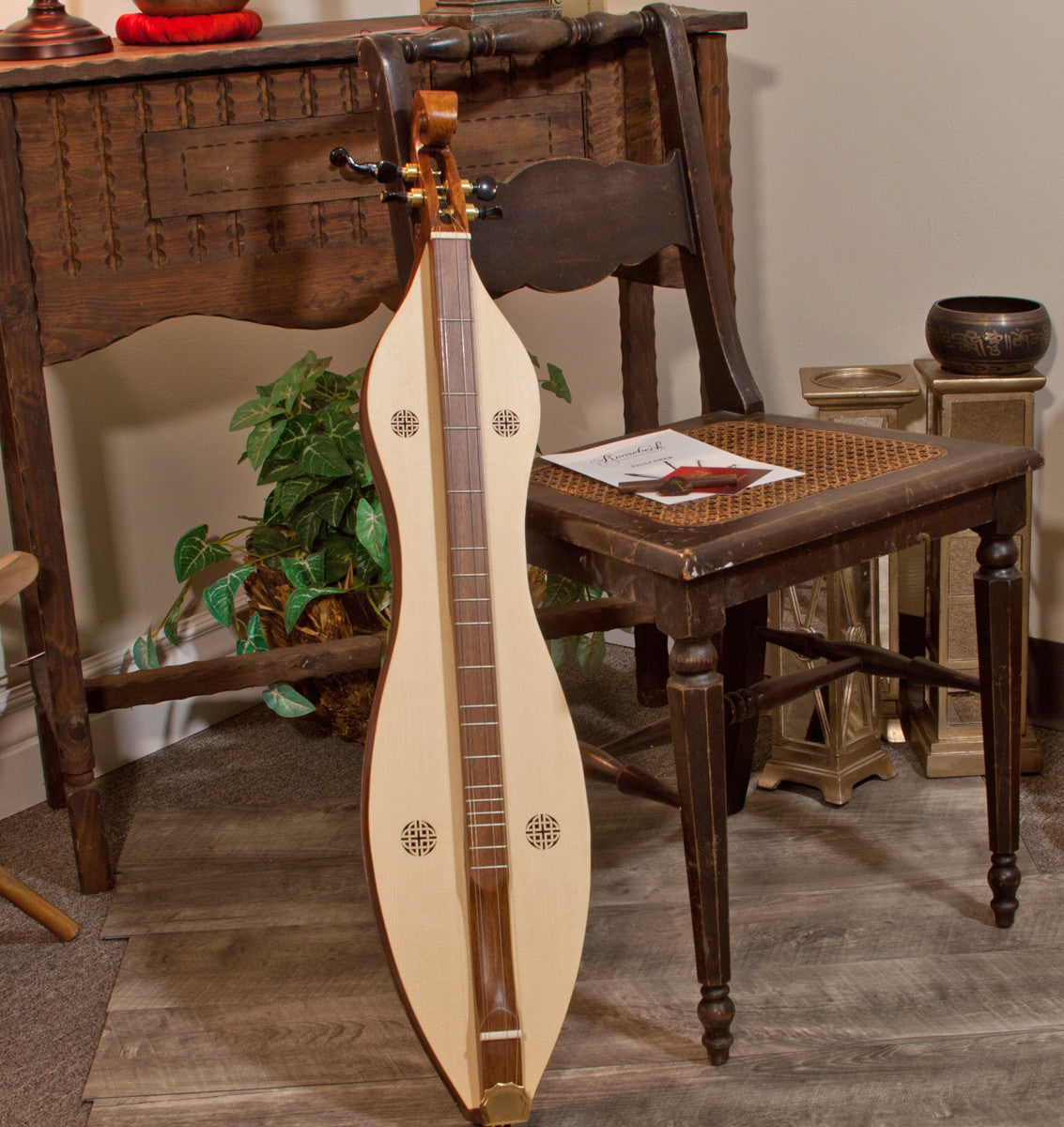
Accessories
More-
Anthem Acoustic Guitar Pickup + Microphone
SKU: PIC025
Regular price $329.00Regular priceUnit price / per -
Jim Bows - Hammered Dulcimer Bows Boxwood Pair
SKU: HAM087B
Regular price $42.00Regular priceUnit price / per -
Jim Bows - Hammered Dulcimer Bows, Tamarind Wood, Pair
SKU: HAM087T
Regular price $42.00Regular priceUnit price / per -
K&K Big Twin Pickup
SKU: PIC007
Regular price $69.00Regular priceUnit price / per -
K&K Twin Spot Classic Pickup
SKU: PIC001
Regular price $63.00Regular priceUnit price / per -
Lyric Acoustic Guitar Microphone, Steel Strings
SKU: PIC026
Regular price $229.00Regular priceUnit price / per -
Lyric-C Acoustic Guitar Microphone, Nylon Strings
SKU: PIC027
Regular price $229.00Regular priceUnit price / per -
Mid-East Persian Santoor Hammers, pair
SKU: ham001h
Regular price $19.90Regular priceUnit price / per
